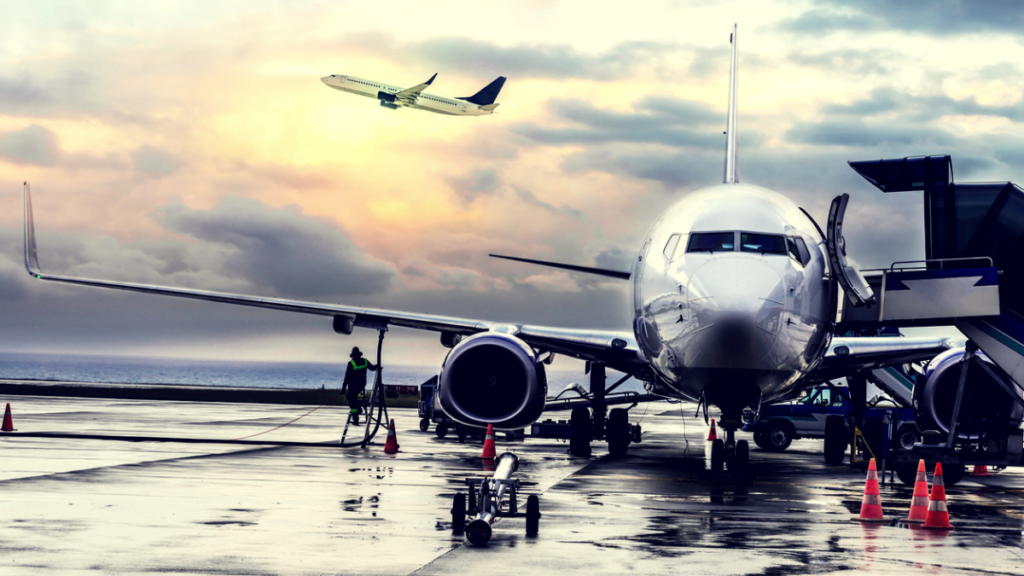While I was traveling recently, I noticed a number of economic principles at work. Economics is everywhere, of course, but sometimes it’s easier to see when you step out of your routine. With spring break and summer vacation rapidly approaching, here are a few things to think about as you hustle through the airport.
1. The Water Bottle Racket
It can be frustrating to have to leave your bottled beverage at security, especially since you know it’s going to cost you quite a bit more at the shop by the gate than it did at your local grocery store. Why are airport concessions able to charge a premium for their products? Well, there aren’t a lot of options to choose from. You can stay thirsty, wait for the small beverage provided by the airline, or drink from a water fountain while you’re still in the terminal.
With limited choices, you are more likely to pay higher prices than you otherwise would. This is a concept known as price elasticity of demand. The less sensitive you are to price, the more inelastic your demand is said to be.
2. One Plane, Many Prices
How much did you pay for your ticket? If you’re feeling bold, ask the people around you how much they paid. It’s likely everyone will have a different answer! Since you’re already being nosy, you might as well ask a few follow up questions. When did they buy their ticket? Will they be traveling over a weekend?
Airlines consider this information when quoting prices to potential customers. If I am booking a business trip that’s a couple weeks away, I am probably willing to pay more for a ticket than someone who is planning out a vacation months ahead of time. There will be fewer options available, my dates may be less flexible, and the ticket will often be purchased from a corporate account that is much larger than your average vacation goer’s budget. Because customers have different price elasticities (and there are restrictions on reselling airline tickets), airlines can charge customers different prices based on their willingness to pay.
3. The Tragedy of the Overhead Bins
Have you noticed that it seems very desirable to be one of the first passengers to board the plane? Some passengers are willing to pay extra for this service (their demand for this perk is more inelastic). Others wait as close to the gate as they can and jump in line as soon as their boarding group is called (their demand is more elastic).
Why? Flights are long, the seats aren’t all that comfortable, and legroom is sparse. Why in the world would you go through so much effort to make sure you could sit in cramped conditions for an additional 15 minutes or so? It turns out that it has less to do with wanting extra time to enjoy your luxurious 31 inches of legroom and more to do with ensuring your luggage has a spot nearby. Most airlines assign specific seats, but they do not assign a particular space in the overhead bin. That space is a common resource; whoever gets there first gets to claim it.
The informal rule is the first person to put their stuff in the bin has claim to that space for the duration of the flight. As with many common resources, this can lead to overuse, or what economists call a “tragedy of the commons.” Have you ever been the unfortunate one at the end of the line trying to find a place for your rolling bag, while passing bin after bin filled with jackets and small purses that could easily be stored under seats instead of overhead? The reason is that there is little incentive to conserve the space for other uses. What would happen if airlines charged for and assigned bin space like they do seats? I predict you would rarely encounter a coat or small bag in the bin.
These are just a couple examples to get you started. What other Econ 101 principles have you seen at work on the road? While you’re pondering that, see if you can devise a rational answer to this puzzler: why don’t airlines assign overhead bin space? Leave a comment below!



